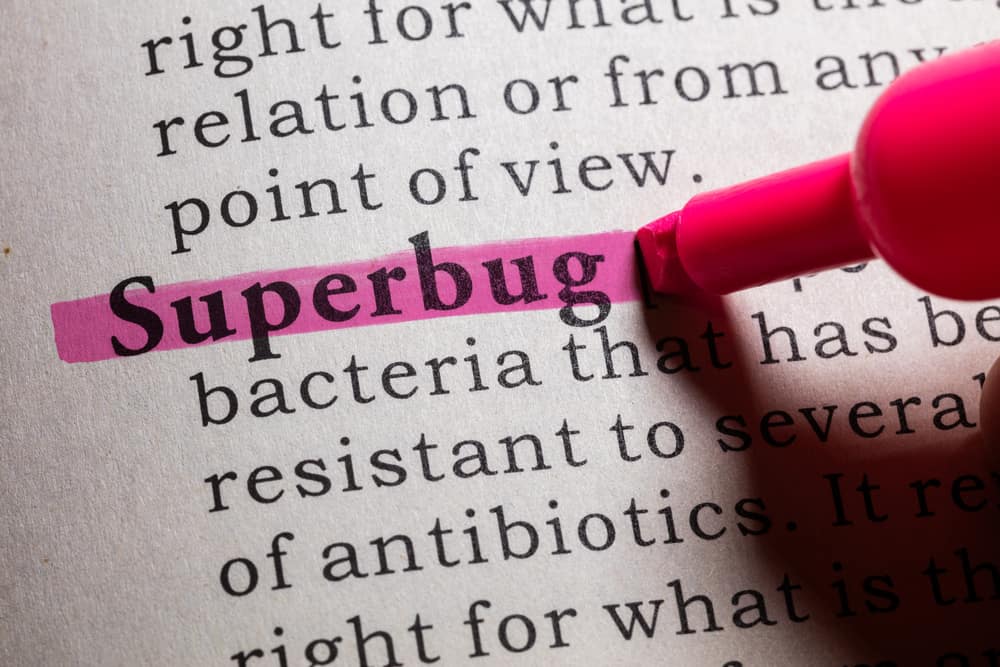Most people are adamant about taking care of their health. They focus on eating right, getting enough exercise, and taking suitable medications when they start to feel ill. However, eating salads and running on the treadmill isn’t going to keep away those drug-resistant superbugs that are claiming the lives of thousands of Americans each year. The Centers for Disease Control and Prevention reported that millions of people are infected with superbugs each year, and roughly 35,000 people die every year from these infections. So, what are superbugs exactly, and what steps can the general populace take to help combat these superbugs?
20. What Are Superbugs?

Superbugs are bacteria and fungi that have become difficult to treat because they have developed a resistance to common drugs used in everyday life. They’re present in every country around the globe, making them very difficult to treat and eliminate. Scientists can only develop new drugs and pharmaceuticals so fast, and it’s not at a rate swift enough to deal with these bugs before they evolve again and become even more challenging to treat. Superbugs are now causing almost twice as many deaths as they did nearly eight years ago when scientists first reported them (via USA Today).
When a patient goes to the doctor with a bacterial infection, the medical professional usually prescribes antibiotics. These antibiotics may focus on just the harmful bacteria causing the illness. Alternatively, the antibiotics can be broad-spectrum, killing all bacteria in the body, including the good bacteria, to eradicate the infection. Doctors mostly use narrow-spectrum antibiotics to prevent good bacteria from being killed (via NCBI). However, the harmful bacteria have the chance to mutate and become resistant to those antibiotics. Over time, they can become completely immune to these prescriptions.
